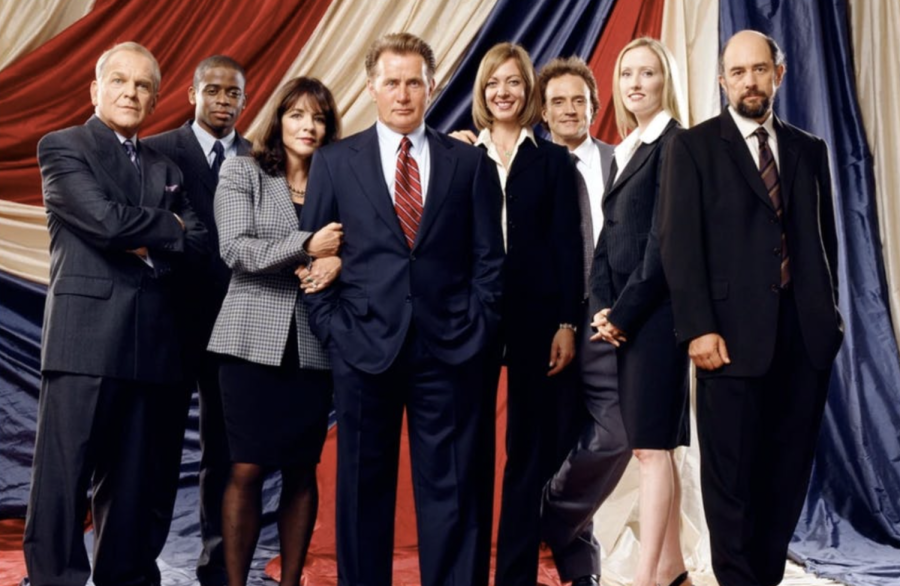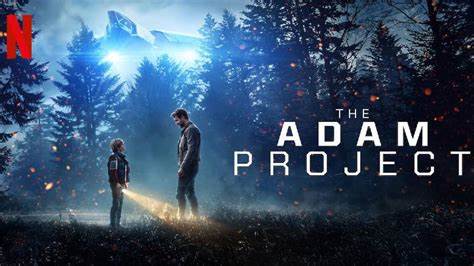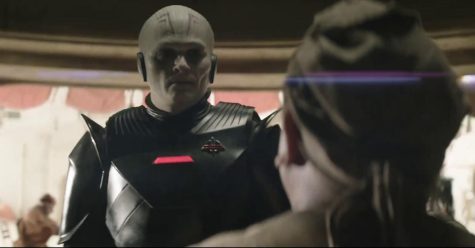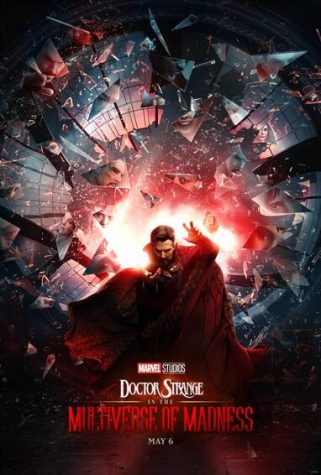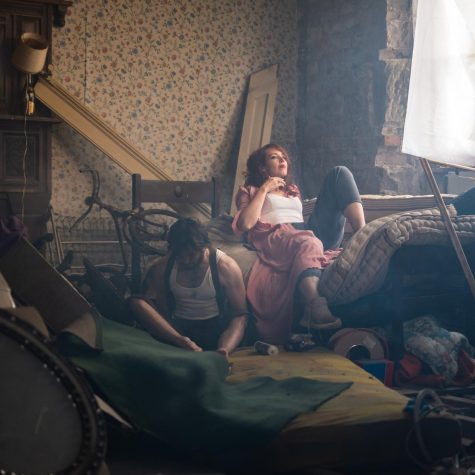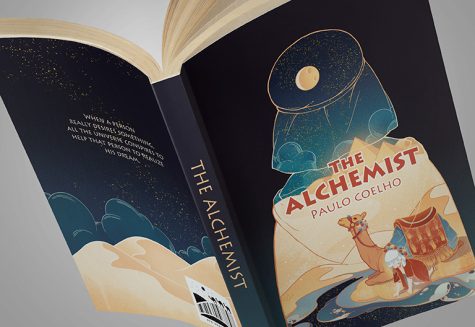“The West Wing”: Still Relevant Today
Blaming the government seems a popular pastime in American society.
Horrible phrases condemning POTUS, Congress, and political parties adorn bumper stickers, flags, and social media pages. Not only do politicians and governmental workers have to put up with personal slander, but they are tugged right and left, with parties, groups, activists, companies, and lobbyists telling them what to do and believe.
Furthermore, according to data from the PEW research center, in the past 50 years Republicans and Democrats have steadily grown more “ideologically apart.” How do governmental workers balance personal relationships, partisan politics, ethical ideology, and public criticism in the face of huge decisions and world issues?
More than ever, it is hard to understand just how difficult running a country can be-but a TV show called The West Wing comes close.
Though it was first run in 1999, it is still as timely today as it was then. The show follows President Josiah “Jed” Bartlett and his staff in the West Wing as they navigate personal drama, partisan politicking, and controversial issues- all problems relevant to today’s society.
However, this show is unique in that it shows these issues in a witty, intelligent, and multifaceted way. Characters balance appointing justices to the Supreme court and writing the State of the Union while playing practical jokes and inwardly yawning/laughing at a million-dollar proposal for a “wolf highway.”
Though the characters are Democrats, and partisan tensions are played throughout the show, each character has their own views, values, and background, and no one is a perfect Democrat or a perfect person. Really, this show “humanizes” the POTUS and his staff. Even if you don’t agree with their politics, you can tell that each character is trying to do right by themselves and the Nation. In fact, my father once said that he enjoys the West Wing so much because; “It is about young, intelligent people trying to make a difference and do what’s right.”
These good intentions shown throughout the show are sometimes criticized, talked about as “idealistic.” One op-ed from the Washington Post denounced the West Wing as an “idealized Washington, where centric principles almost always triumph over politics. That’s a pipe dream that most viewers put away long ago.” But at the same time, even though the characters in the show demonstrate good intentions most of the time, they still make mistakes and have to choose from multiple bad decisions. As one NPR talk questions, “How is that idealistic?”
Perhaps whether or not the show is idealistic is up to the viewers’ discretion- as well as whether they appreciate said idealism. But either way, this show’s witty, intellectual writing and snappy filming catches people’s attention. This can be attributed to the show’s main writer/producer Aaron Sorkin. According to Encyclopedia Brittanica, Aaron Sorkin is known for bringing; “an astute intelligence and sharp dialogue to films, television series, and plays that were often set within the combative backstage world of politics, law, or entertainment.” He is also known for his famous “walk-and-talk” scenes, in which characters exchange witticisms and discussion while trotting to the next meeting/event. These scenes give a sense of busyness and fast-pace to the show, which may be a factor in why the show holds the audiences’ attention.
With humorous and smart writing, eye-catching filming, and a multifaceted view through complex characters, the West Wing is a thought-provoking show that is still relevant today. It provides a rare view into the difficult, yet so important, world of the West Wing. We can’t see inside our current West Wing and see what is there. We hope (and try to vote) for the best- for a President and staffers with good intentions, who will try to do right by the Nation. Perhaps this hope is why I want a bumper sticker that says “Bartlett for President.”


